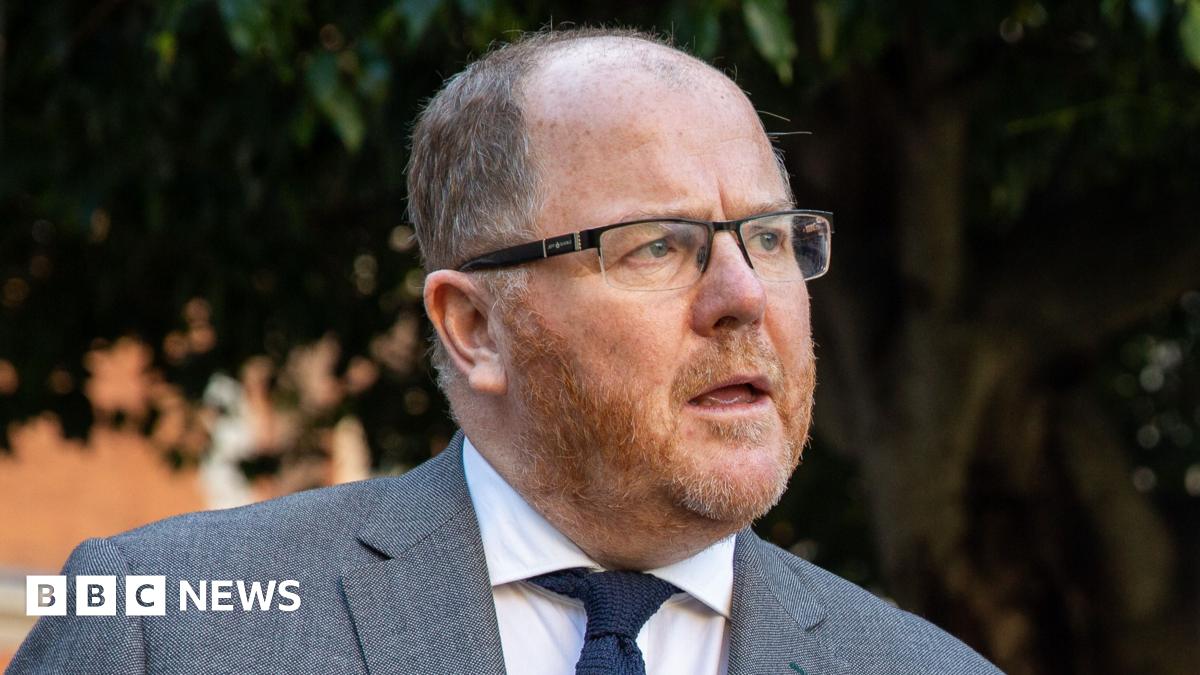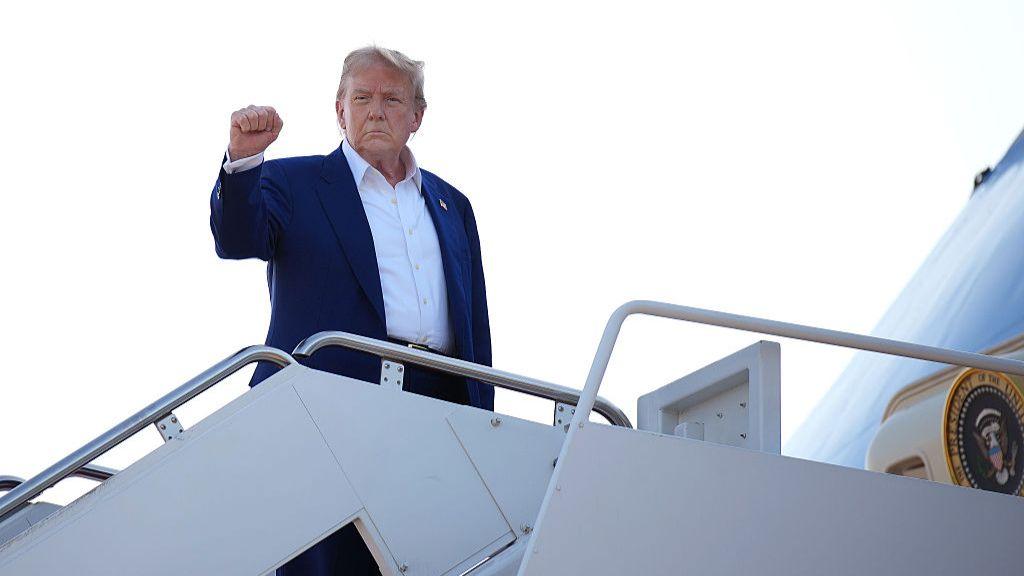Poland's New President Signals Shift in NATO Approach, Urges Patience for Ukraine
2025-06-28
USA Today
Poland is navigating a delicate transition as outgoing President Andrzej Duda passes the torch to Karol Nawrocki. While Nawrocki has reaffirmed Poland's commitment to supporting Ukraine in its fight against Russian aggression, he's also indicated a potential shift in Poland's approach to NATO membership and involvement. This nuanced stance is being closely watched by allies and adversaries alike, as it could impact the broader geopolitical landscape.
A Period of Transition and Continued Support
Andrzej Duda's departure marks the end of an era in Polish politics, one characterized by staunch support for Ukraine. As Russia's invasion continues, Poland has been a crucial hub for humanitarian aid, military assistance, and diplomatic efforts. Nawrocki, the newly elected president, has echoed this commitment, assuring Ukraine that Poland will remain a steadfast ally. However, he has also emphasized the need for patience as his administration settles in and establishes its own policies.
"We remain dedicated to helping Ukraine defend its sovereignty and territorial integrity," Nawrocki stated in a recent address. "But it's important to allow the new administration time to assess the situation and formulate a comprehensive strategy. We need to ensure that our actions are both effective and sustainable in the long term."
Potential Shift in NATO Strategy
Perhaps the most significant aspect of Nawrocki's early statements is his suggestion of a possible recalibration of Poland's approach to NATO. While Poland has been a vocal advocate for increased NATO presence and a more assertive stance towards Russia, Nawrocki has hinted at a desire for a more measured and diplomatic approach.
This doesn't imply a weakening of Poland's commitment to the alliance, but rather a recognition of the complexities involved in navigating the current geopolitical climate. Nawrocki's comments suggest a potential focus on strengthening Poland's own defense capabilities and fostering closer cooperation with neighboring countries, while also engaging in dialogue with Russia to de-escalate tensions.
"We need to be realistic about the challenges we face," Nawrocki explained. "A purely confrontational approach may not be the most effective way to achieve our goals. We need to explore all avenues for dialogue and diplomacy, while remaining vigilant and prepared to defend our interests."
Implications for Ukraine and the Region
Nawrocki's transition and potential shift in NATO strategy could have significant implications for Ukraine and the wider region. While Ukraine can still count on Poland's continued support, any changes in Poland's approach to NATO could affect the overall dynamics of the conflict.
Some analysts believe that a more diplomatic approach from Poland could help to create space for negotiations and a potential resolution to the crisis. Others caution that it could embolden Russia and undermine the unity of the Western alliance.
The coming months will be crucial in determining the direction of Nawrocki's presidency and the impact it will have on Poland's role in Europe and the world. One thing is certain: Poland's commitment to Ukraine remains unwavering, even as the country navigates a period of transition and re-evaluation. The delicate balance between supporting Ukraine, strengthening NATO, and pursuing a pragmatic foreign policy will be a defining challenge for Nawrocki's administration.
The world watches with keen interest, hoping for a stable and secure future for Poland and its neighbors.






